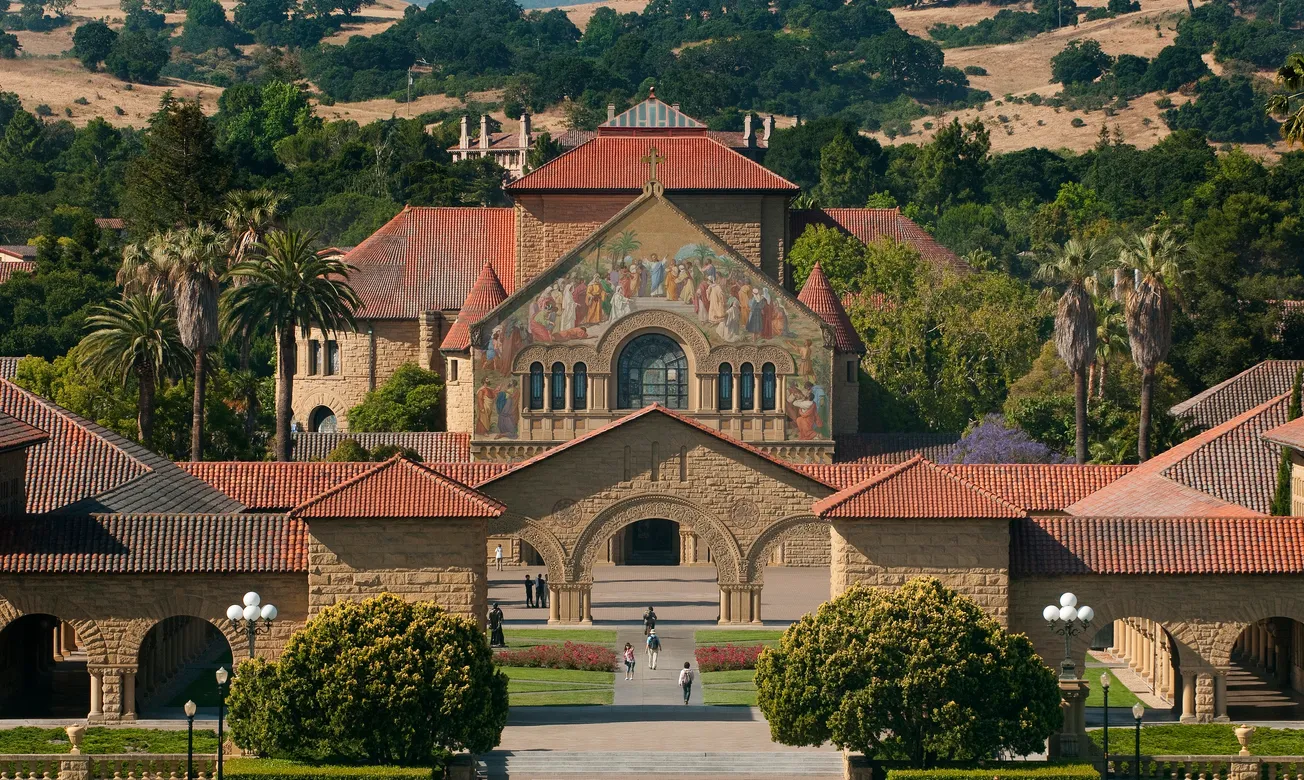Table of Contents
This year marks the 35th anniversary of the Stanford Review’s founding in 1987. Organizations of all kinds fail to survive this long. The Review is an exception, not the norm. For comparison, in 2020, the average lifespan of a company in the S&P 500 index was just 21 years. The Review has outlasted some of America’s largest and most important corporations. Over the past three decades, our small community of heterodox thinkers has fought against a conformist campus culture and faced resistance from all corners of the campus establishment.
What is behind the Review’s resilience? Attend a Review meeting and you will notice that the arguments you hear stand out for their inventiveness and rigor. We consistently broach uncomfortable topics and openly discuss ideas that would be considered unacceptable elsewhere. When people hear opinions they disagree with, their critiques are substantive but always respectful. By the time discussions are finished, some participants have even changed their mind.
The Review has persisted because at a fundamental level, to be resilient is to be contrarian. Nature teaches us that populations with a diverse set of characteristics are more resilient than those which are homogenous. When environmental circumstances change unexpectedly, the population with more variation usually wins out and survives longer than its homogenous counterpart.
The ideas marketplace is no different. A society that encourages the production of competing ideas and celebrates rational disagreement is a resilient society. Such a society is prepared to deal with uncertainty because even controversial ideas and frameworks are preserved in case they prove to be useful in the future. A society that does the opposite and institutes homogeneity may thrive in the short term but is doomed to fail in the long term.
Unfortunately, the society we live in today is anything but resilient. The leaders and “experts” we thought had our best interests in mind have instead embraced groupthink with a vengeance. Led by high priests like Anthony Fauci and Francis Collins, the scientific community has increasingly pursued consensus rather than evidence during the pandemic, muzzling any inconvenient disagreements along the way. The corporations controlling the plumbing of the Internet silence users who are not ideologically compliant. In Silicon Valley, once considered a bastion of original thinking, legions of technocrats swear fealty to buzzwords and narratives without examining them critically.
At Stanford, student activists are working hand in hand with DEI bureaucrats to push political correctness into the deepest layers of the University. Stanford’s student government continues to withhold funding from initiatives that do not agree with its leaders’ political leanings. The entrepreneurial culture on campus has slowly been stripped of creativity as it becomes commoditized and institutionalized. Meanwhile, administrators are busy instituting an ever-growing list of irrational pandemic restrictions.
All this homogeneity is making our society weaker and less resilient. Whether in politics, science, or technology, few are willing to question the consensus, and the brave few who do find themselves ridiculed and throttled. In the past, America’s strength was its diversity of ideas. No matter what happened, we could always rely on our nation’s originality to chart the path ahead and outcompete our adversaries. Now, owing to the culture of compliance that has taken root in the halls of our college campuses and most important institutions, we are less prepared than ever before to face the future.
Despite these challenges to freedom of thought, the Review has never been more relevant. It is the one place on campus where those who do not like paying the conformity tax can find like-minded peers. Expect Volume LXV to continue our long tradition of taking aim at homogeneity. Whether we are defending free speech, exposing an illogical DEI initiative, critiquing the Stanford administration, or exploring important national political issues, we will remain committed to publishing thought-provoking content that makes you question your most basic assumptions about campus and the world.
Homogeneity is seductive. It feels good when those around you agree with everything you say and think. It is easy to trust those in charge without verifying whether their claims are rational. It is convenient to believe in the same things as everyone else. On the other hand, choosing to be resilient and battle orthodoxy is hard work. It is much easier to get on with receiving your degree and enter the ranks of the establishment.
But for those on Stanford’s campus who would not be fulfilled by living this way, for those who desire to engage in a little heresy, the Review welcomes you with open arms. Whether you join us at our weekly meetings, write for us, or do both, I can promise that you will find a publication which allows you to share your thoughts without fear of retribution. If, like us, you believe that rational argumentation and heterodox thinking lead to better ideas, greater progress, and ultimately a more resilient society, then send me a note at eic@stanfordreview.org. I am looking forward to hearing from you.
Neelay Trivedi
Editor in Chief, Volume LXV





